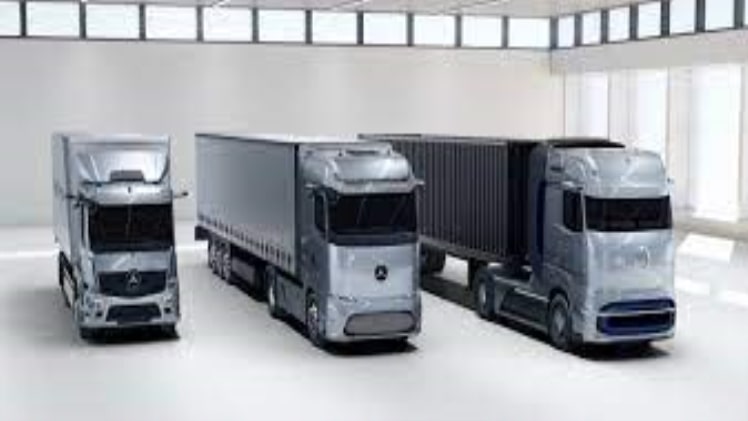Trucks are an important commercial vehicle used to rally things from one spot to another. They are responsible for major conveyance tasks like deliveries and raw material procurement. Trucks are a big investment in today’s world. In 2021, truck sales for Ford alone soared to a surprising 787,422 trucks. There are a few ways to ensure that your business invests in them properly.
Read on for all the significant tips when investing in a truck.
Engine
When purchasing a commercial vehicle, enterprises must make an essential decision about engine size.
For example, a 4-cylinder engine should suffice for a commercial carrier such as a truck that will be utilised for commutes and regular-sized conveyance of commodities. This category is considered cost-effective because it saves fuel costs.
Full-sized trucks with 5, 6, or 8-cylinder engines, on the other hand, will be more adaptable and robust for moving any material greater than that. As a result, the engine size will determine how the vehicle could be used.
Cabin Size
By default, many trucks are two-seaters, providing room for the driver and only one passenger. Trucks with two-person cabs are often affordable and have longer beds than trucks with larger cabs.
If the business does not intend to transport many passengers and requires extra luggage capacity, the regular cab design may be the best option.
Safety Features
Almost all trucks are equipped with basic safety measures such as front airbags and seatbelts. Before purchasing the vehicle, carefully examine the required safety equipment and rear jump seats.
All of these must be meticulously developed to provide adequate protection in the event of an accident.
Examine its regulatory compliance and safety standard requirements as well.
Manual and Automatic
When picking between manual and automatic transmissions, examine the traffic conditions in the area where the business will be operating.
In a traffic-congested area, an automatic transmission will save a lot of time in shifting. If traffic isn’t an issue, a manual transmission might provide more control over the engine without the hassle of constant shifting.
Manual gearboxes are becoming increasingly rare in trucks – and cars in general – but they are still available on the lower levels of a few models. They may be more flexible, but they are less effective when hauling and waiting in traffic.
Maintenance
Not committing to keeping a commercial vehicle in good working order could become a liability instead of an asset.
Whatever commercial vehicle a business eventually purchases, frequent maintenance and repair are critical to keeping expenses down. As a result, maintain a close tab on all vehicles’ planned maintenance schedules and submit them to an approved servicing centre with fully trained and competent technical support staff.
Ideally, the purchasing choice should integrate multiple requirements with the available options. After all, it is a significant investment that will demand extensive research before buying.
With a wide range of ultra-modern trucks available in weight categories ranging from 9 to 49 tons, a wise buy will be one that is compliant, efficient on the road, and simple to maintain.
Wrapping Up
This article lists all of the main features that one needs to consider when buying commercial vehicles. Think of it as a mini-guide to use when researching features to look out for.
Primarily, truck sales are a tricky area to dabble within. However, every store has trained individuals who can help pick out a suitable model for a particular business.

